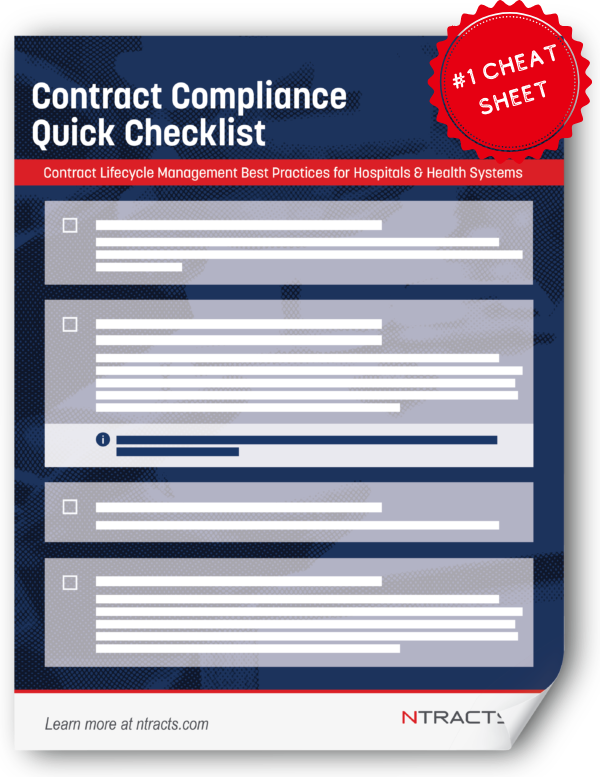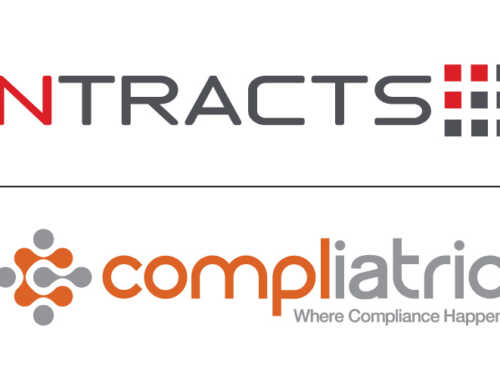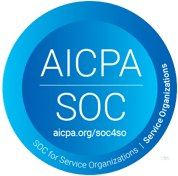#1 Centralized Contract Management
First and foremost, a centralized contract management system provides a place to quickly and easily access contracts and supporting documentation which is especially vital as many have shifted from an in-office workspace to remote and/or hybrid environment.
#2 Automated Processes & Electronic Signature
A centralized contract lifecycle management platform allows organizations to implement automated processes, which maintains best practices and creates efficiencies. Additionally, automation allows compliance officers and general counsel professionals to immediately view the status of an agreement anywhere in the review and approval process.
In the past, we’ve seen hesitancy around the use of electronic signature, but the rise of remote work has encouraged organizations to adopt the process. Once adopting eSign, we’ve seen clients reduce a two-week internal signature process to an average of only 2 days.
#3 Reporting Ability & Transparency in Data
While reporting ability and transparently of data are always important, these elements become even more essential during a crisis period in order to:
- Quickly and accurately identify upcoming expirations and other critical reminder dates
- Act on contract responsibilities and other contractual associated tasks
- Identify opportunities for increased effectiveness, gaps, or bottlenecks in processes
- Gain visibility to workflow process time and resource effort
- Allow for shifting resources and team responsibilities as needed
- Report on and drive departmental KPI’s throughout business units
#4 Process Simplification
Thorough evaluation of contracting processes should be completed periodically to ensure your team is gathering the information necessary to maintain compliance without causing additional complexity which create additional delays in contracting and frustration among those involved.



![[Webinar On-Demand] Compliance Program Effectiveness: From Mystery and Mayhem to Mastery and Metrics](https://www.ntracts.com/wp-content/uploads/2025/01/WOD-Thumbnail-scaled-500x383.jpg)
![[Webinar On-Demand] Primer on Health Care Transactions & Compliance Considerations: In-House and Outside Counsel Conversations](https://www.ntracts.com/wp-content/uploads/2024/10/Register-Now-LinkedIn_Healthcare-Transactions_Oct2024-01-500x383.jpg)
